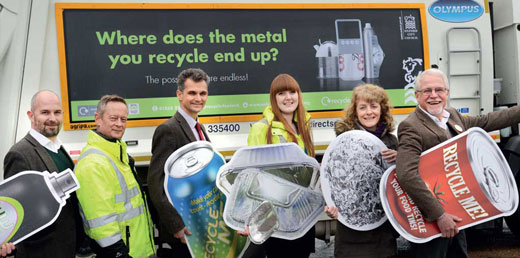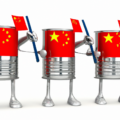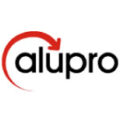For decades, the PRN system has operated as a closed, value-driven market since the initial introduction of the Producer Responsibility (Packaging Waste) regulations in 1997. Its purpose is to provide producers who pay their packaging compliance obligation with fair access to recycling testing, while ensuring that the fees paid reflect the cost and efficiency of packaging waste recycling.
Martin Hyde, Alupro’s sustainability and public affairs manager, noted the significant link between PRN demand and fluctuating prices, and warned that late data submissions have such an adverse impact on the market. Since PRNs are openly traded between reprocessors, producers and compliance systems, the cost of a PRN will fluctuate depending on the cost of reprocessing, as well as the amount of recycling accepted for reprocessing.
After calculating the volume of each type of packaging material handled during the calendar year, each producer must submit its obligation to the environmental regulator. This data is consolidated and published as a UK-wide obligation, which details the total number of PRNs that UK producers must purchase to offset their obligations.
If the yield appears lower than required to meet the full UK obligation, then PRN prices are likely to increase as producers seek not to run out of sufficient evidence to meet their legal obligation.
However, unlike traditional commodity markets, producers have a legal obligation to buy PRNs. In fact, there is no alternative option. If producer data show abnormally high tonnages of containers handled, then equivalently high levels of reprocessing will be required to ensure compliance.
For this reason, the UK packaging obligation is directly dependent on the total costs that companies pay under the system. However, in practice, if the data is submitted late, it cannot be included in the published UK obligation report, meaning that the “demand” figure does not reflect the total number of PRNs to be procured. As there is currently no mechanism to force producers to hand over their data when appropriate and keep them obliged to buy PRNs, they can withhold their data and continue to buy these units until they want to.
In doing so, they will have greater insight into the UK’s recycling performance against targets than companies that have submitted their data on time, giving them an unfair market advantage.













